Idea by
Letícia Carmo
https://infoscience.epfl.ch/record/223448
Call for ideas 2019
Resistance and compromise
Resistance and compromise
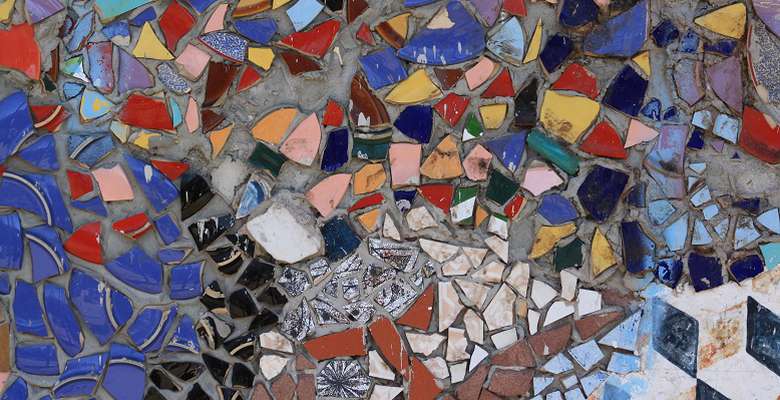
- Systemic changes
Driven by struggles against standardised and authoritarian urban contexts, alternative cultural spaces (precarious, transformed and reused) are examples of convivial, creative and political experiences. Through visual and spatial methods of analysis, these experiences contribute to reflect on social and political engagement as part of wider urban contexts. Considering that the aesthetics of resistance are influenced by practices of counter-cultures and avant-gardes, these kinds of projects intend to resist to mainstream and normalised practices, and also to abandonment and negligence. But the market desires to instrumentalise and control subversive actions. Culture and creativity are at the core of urban planning, based on competitive processes and aimed at economic profit. Different kinds of aestheticisation processes are therefore identified, forcing spatial ambiances, reducing the diversity of urban experience and compromising contemporary and future architectural practices.
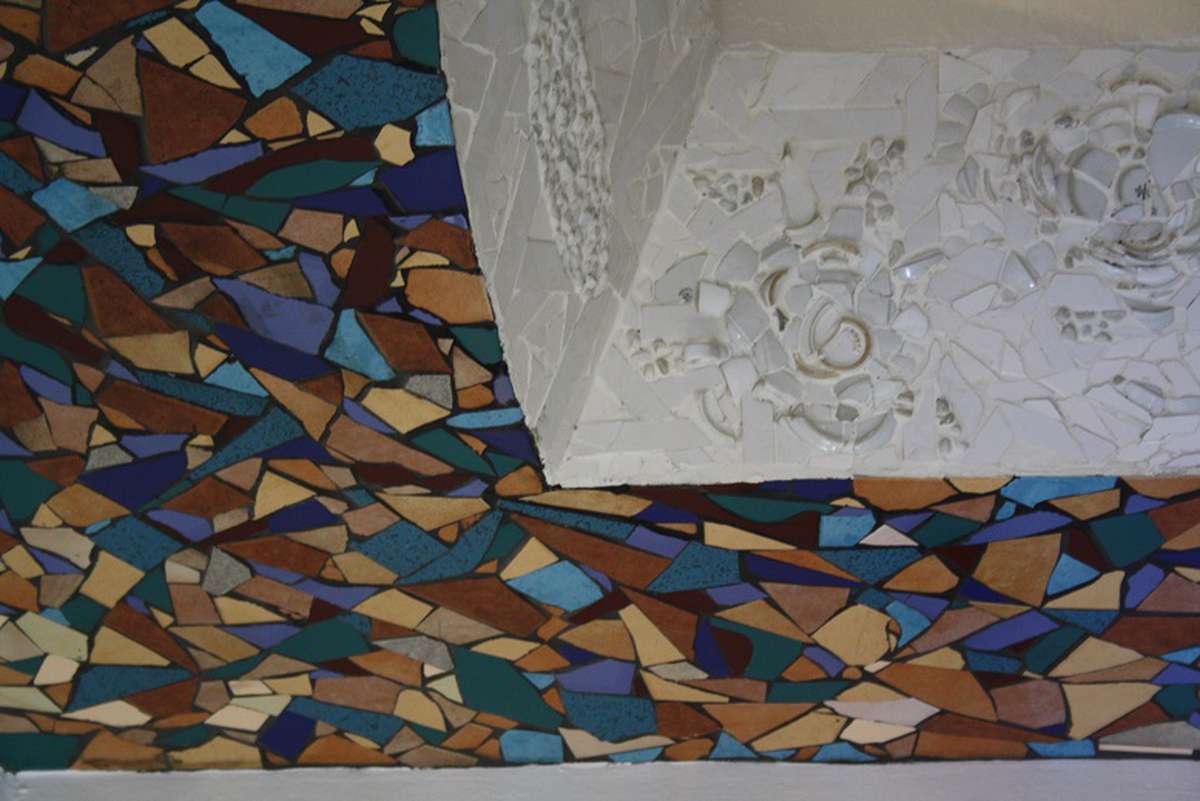
mosaics at Hostel Celica, Ljubljana
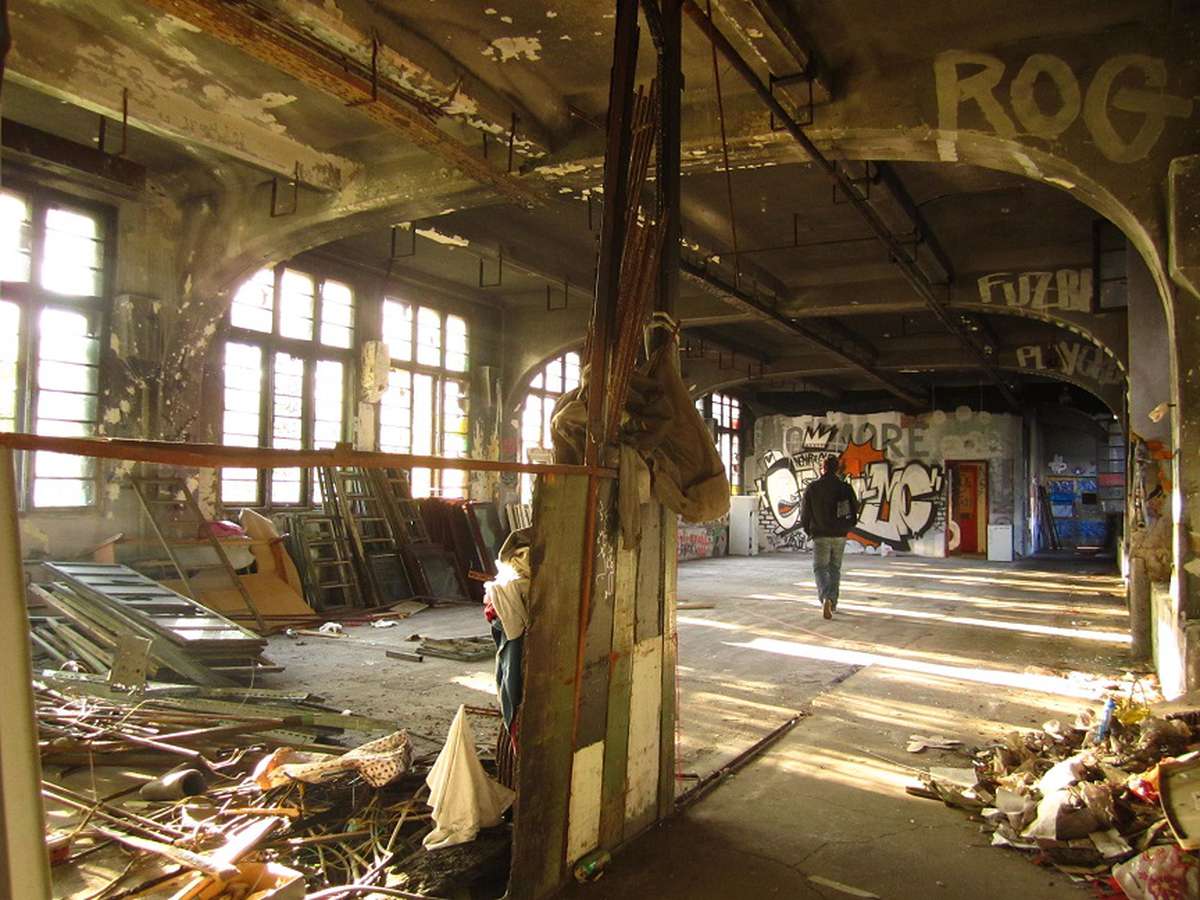
Tovarna Rog, Ljubljana
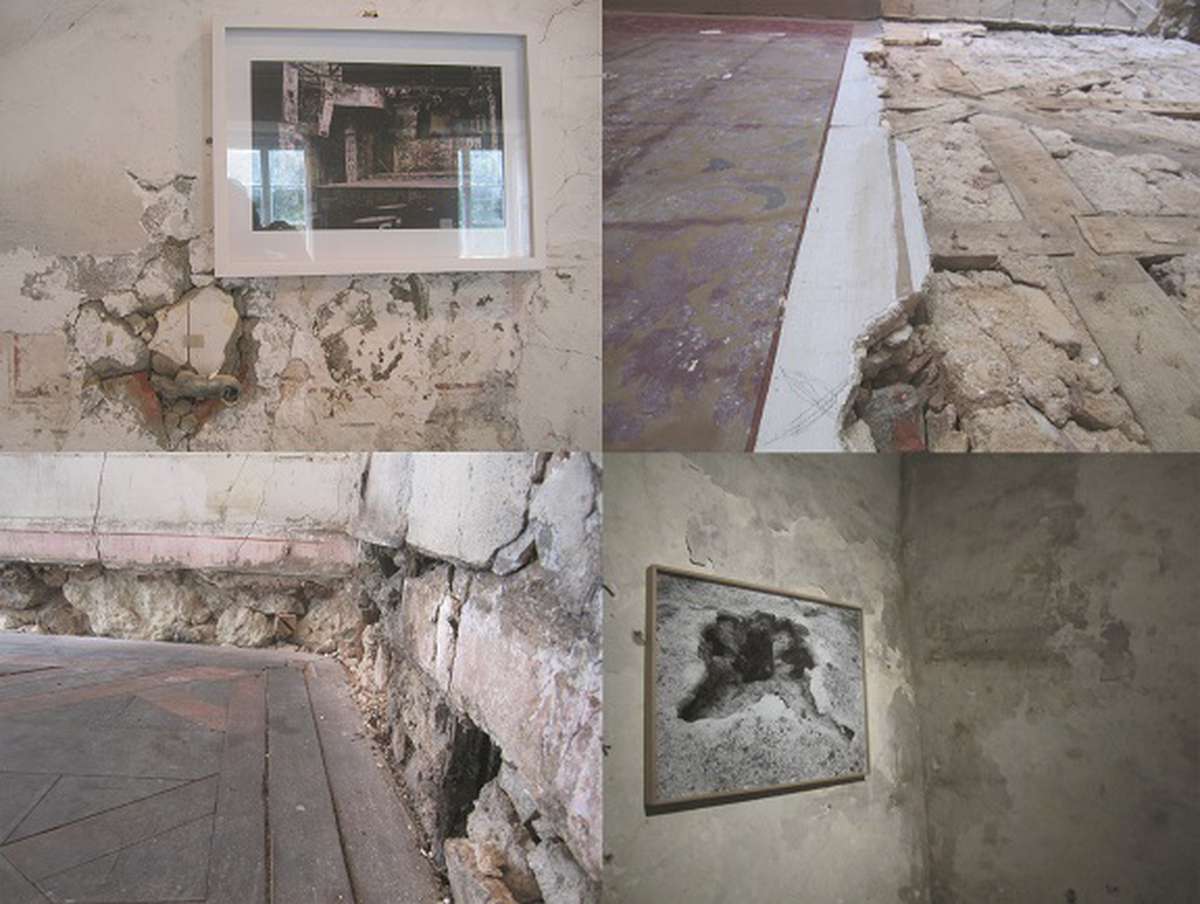
Carpe Diem, Lisbon

Pensão Amor, Lisbon
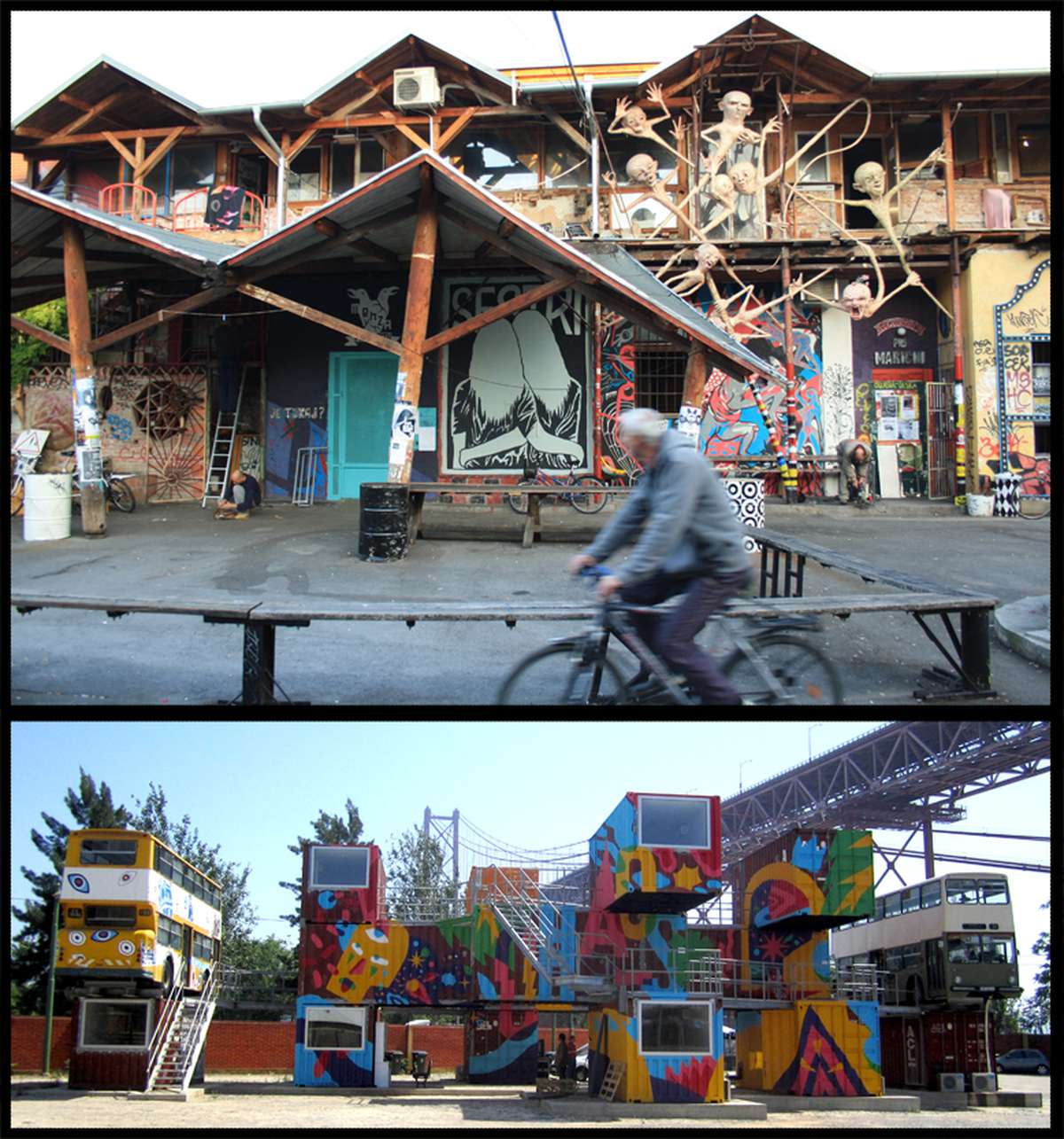
Metelkova Mesto (Lju) and Village Underground Lisbon
Resistance and compromise
Resistance and compromise

- Systemic changes
Driven by struggles against standardised and authoritarian urban contexts, alternative cultural spaces (precarious, transformed and reused) are examples of convivial, creative and political experiences. Through visual and spatial methods of analysis, these experiences contribute to reflect on social and political engagement as part of wider urban contexts. Considering that the aesthetics of resistance are influenced by practices of counter-cultures and avant-gardes, these kinds of projects intend to resist to mainstream and normalised practices, and also to abandonment and negligence. But the market desires to instrumentalise and control subversive actions. Culture and creativity are at the core of urban planning, based on competitive processes and aimed at economic profit. Different kinds of aestheticisation processes are therefore identified, forcing spatial ambiances, reducing the diversity of urban experience and compromising contemporary and future architectural practices.
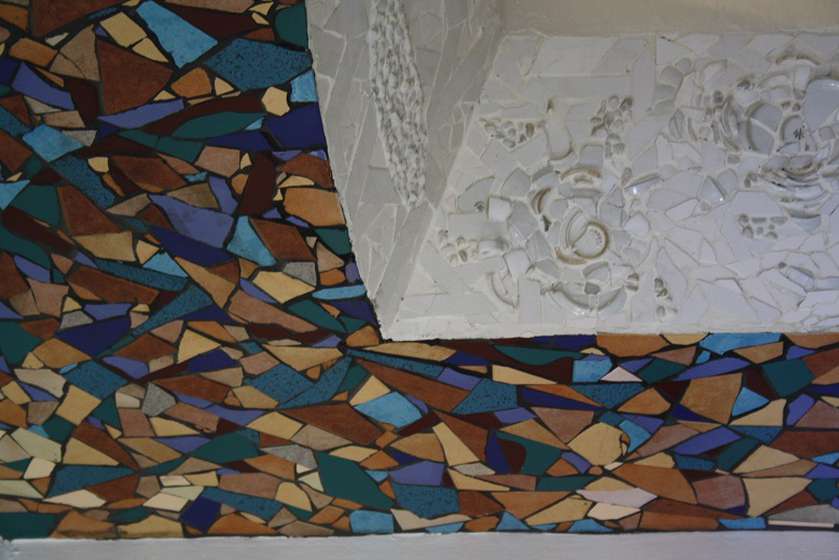
mosaics at Hostel Celica, Ljubljana
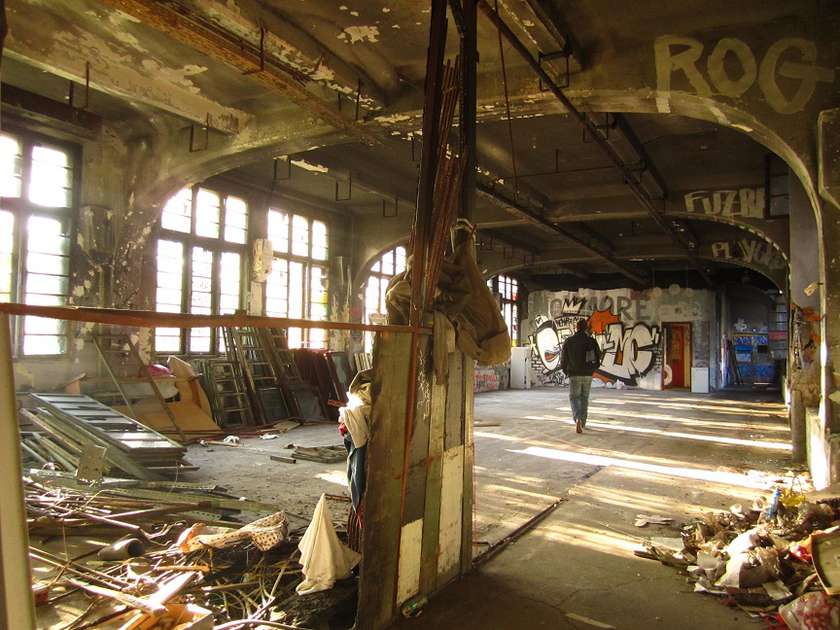
Tovarna Rog, Ljubljana
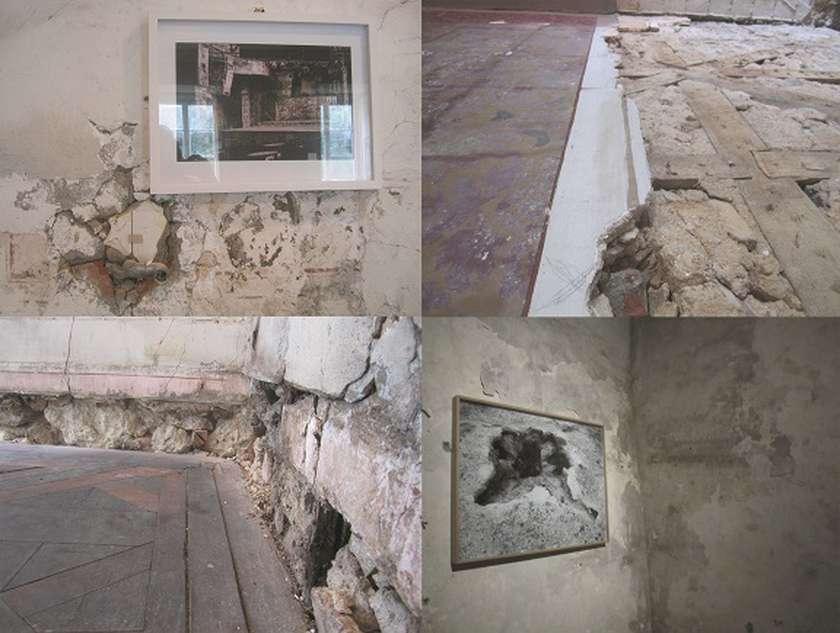
Carpe Diem, Lisbon

Pensão Amor, Lisbon
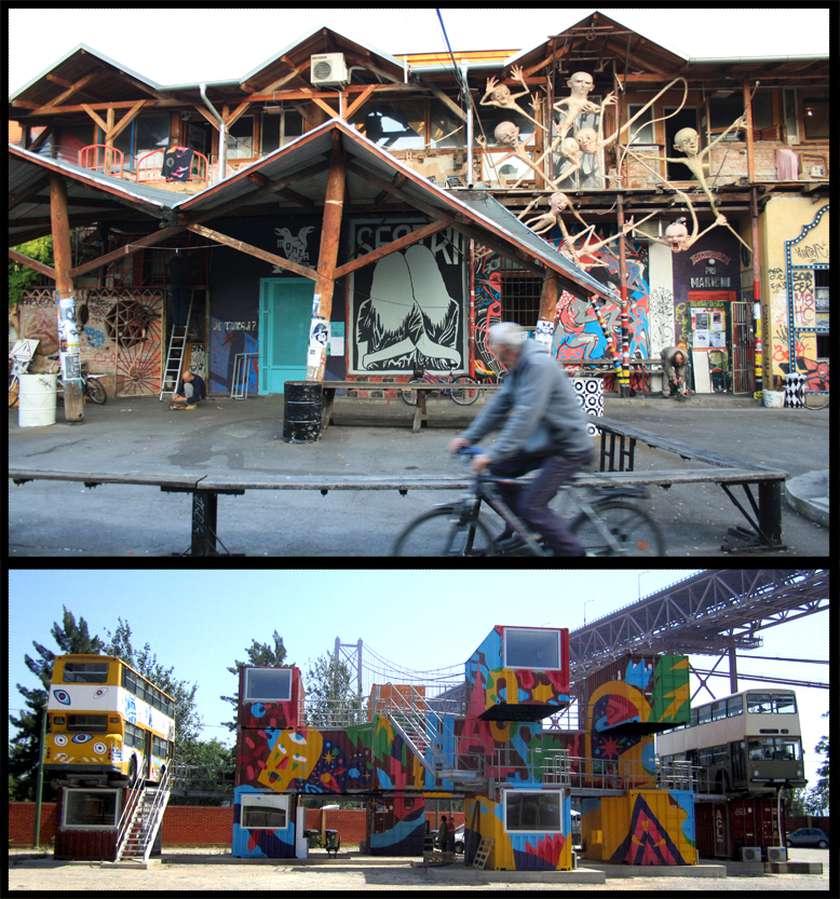
Metelkova Mesto (Lju) and Village Underground Lisbon